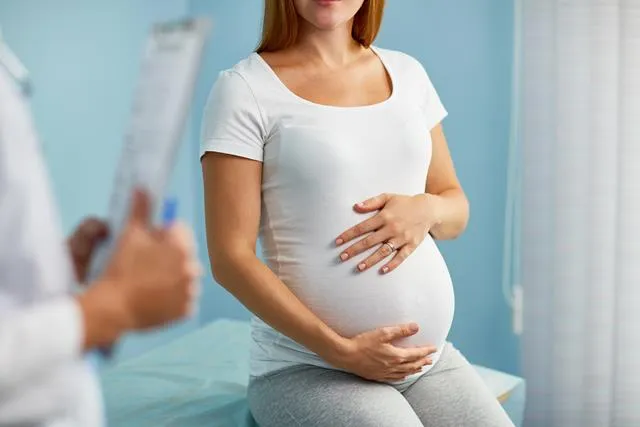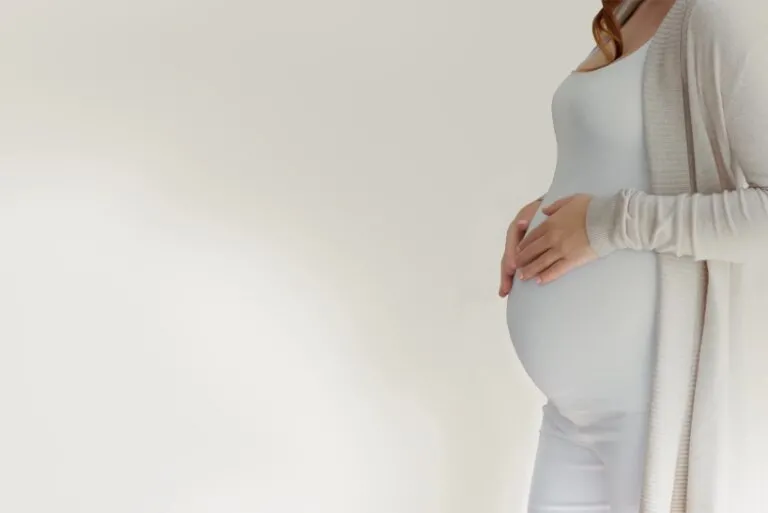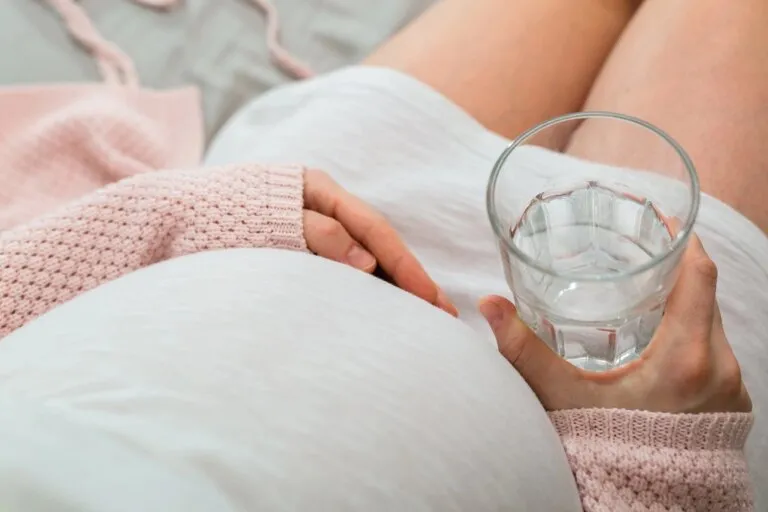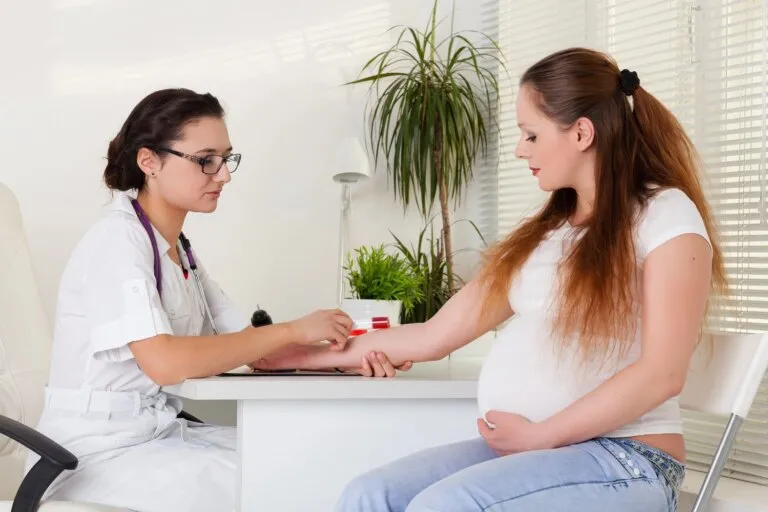Nowadays, many women have their child after the age of 30. However, the age at which a woman becomes a mother depends on a number of factors, such as her career plans, but also problems getting pregnant. Is pregnancy after 30 a high-risk pregnancy?
Pregnancy after 30
Pregnancy after the age of 30 is no surprise to gynecologists. In fact, more and more women are getting pregnant later. Expectant mothers should prepare for pregnancy earlier. A healthy lifestyle, physical exercise, folic acid supplementation, or a visit to the dentist are basic things to consider when planning for pregnancy. It is also advisable to catch up on missing vaccinations. There is no list of mandatory examinations for people planning pregnancy. However, it is advisable to have blood tests done, among other things, to rule out anemia or to start iron supplementation in time. Partners should abstain from stimulants, including alcohol and cigarettes.
Pregnancy after 30 – possible complications
Pregnancy in a woman in her 30s or a little later is usually associated with a similar risk of complications as in younger pregnant women. The same applies to the chances of getting pregnant. However, the older the woman, the lower the chances. This is related to ovarian reserve, which is individual for each woman. It is known that pregnancies after the age of 35 carry a higher risk of pregnancy problems and subsequent complications. Older women have a higher risk of chromosomal abnormalities, e.g. Down syndrome, but also of pregnancy complications such as gestational diabetes or pregnancy-related hypertension.
Pregnancy after 30 – pros and cons
It is difficult to objectively determine the best time to conceive children. Figures show that the highest fertility and the lowest risk of complications occur in women between the ages of 25 and 26. However, these are only statistical data, and the decision to become a mother should not be based on them alone. The undeniable advantage for many mothers who become mothers in their 30s is that they have achieved career, financial, or partnership stability. Nowadays, the search for a partner takes place later, unlike 20 years ago, for example. The disadvantages of later motherhood include greater fertility problems and a gradually increasing risk of complications in the pregnancy itself and of the occurrence of malformations in the children. Therefore, the older a woman is, the more carefully she should prepare for pregnancy, and additional tests are added to diagnostics during pregnancy to allow for appropriate prophylaxis.
The most important thing, however, is for parents to make a conscious decision to have children and to be guided not by statistics but by their own needs and feelings.










